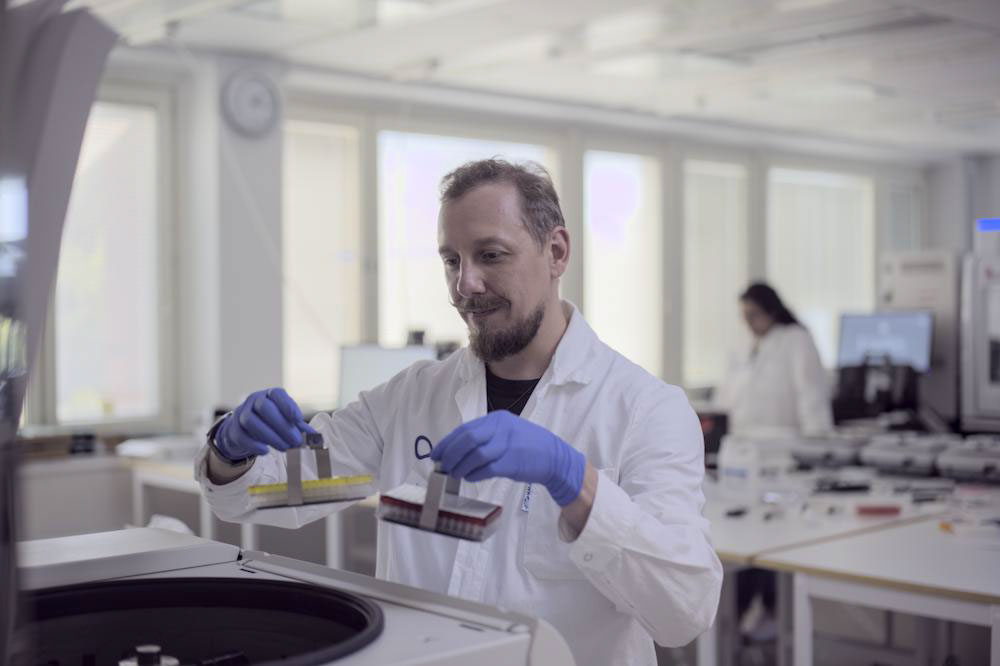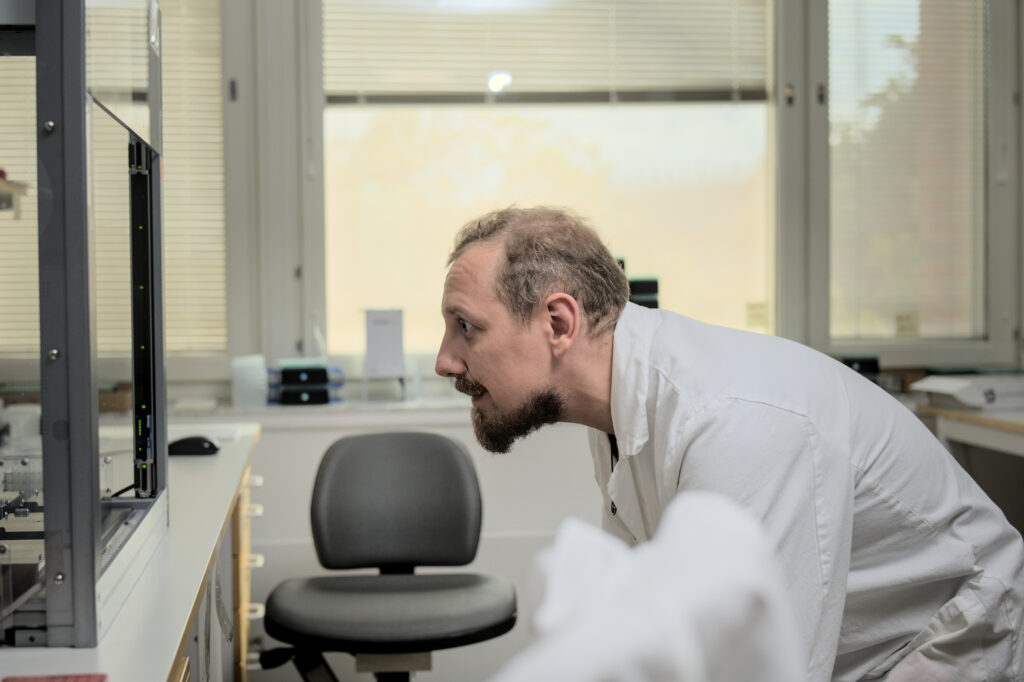Cracking the Code of Mutant p53: A CETSA®-Powered Investigation at AACR 2025

Our mutant p53 CETSA AACR study reveals novel findings in cancer biology. The tumor suppressor p53, often lauded as the “guardian of the genome,” orchestrates critical cellular decisions such as cell cycle arrest, senescence, and apoptosis in response to genotoxic stress. At AACR 2025, our mutant p53 CETSA® study explores its cellular behavior in cancer models. Encoded by the TP53 gene, this transcription factor plays a pivotal role in maintaining genomic integrity. However, mutations in p53—especially missense mutations—are prevalent in over 50% of human cancers, leading not merely to loss of tumor suppression, but often to gain-of-function (GOF) phenotypes that promote tumorigenesis, metastasis, and chemoresistance.
These oncogenic p53 mutants, such as R175H and E285K, are structurally destabilized and frequently evade degradation by hijacking cellular quality control systems. Crucially, they also lack conventional enzymatic activity and often present flat, featureless surfaces that render them “undruggable” by classical small-molecule approaches.
At AACR 2025, Pelago Bioscience will showcase a pioneering application of the Cellular Thermal Shift Assay (CETSA®) to dissect the molecular behavior of mutant p53 within native cellular environments—an effort that holds promise for therapeutic targeting.
Mutant p53 CETSA: Measuring Protein Stability in Native Contexts
Our poster, “Dissecting the Biology of Mutant p53 with the Cellular Thermal Shift Assay (CETSA®),” details how CETSA technology enables label-free quantification of protein thermal stability and compound engagement in situ—either in intact cells or lysates. Unlike traditional biochemical assays, CETSA retains endogenous expression levels, thus preserving physiologically relevant protein–protein and protein–ligand interactions.
In our study, we examined p53 dynamics across three breast cancer-derived cell lines:
- MCF-7 (wild-type p53)
- SK-BR-3 (harboring the conformational R175H mutation)
- BT-474 (bearing the contact mutation E285K)
CETSA revealed distinct thermal denaturation profiles (melting curves) among the p53 proteoforms, particularly in lysates. These differences suggest alterations in protein folding, structural resilience, and possibly binding interfaces, which may be leveraged for selective reactivation or destabilization of mutant p53.
Proteome-Wide CETSA-MS: Beyond p53
We employed CETSA in combination with quantitative mass spectrometry (CETSA-MS) to explore broader pharmacodynamic effects. This proteome-wide approach identified differential thermal stability shifts in proteins involved in apoptosis (e.g., BAX, BCL2), cell cycle regulation (e.g., CDK2, p21), and stress response pathways, thereby illuminating potential off-targets and compensatory pathways engaged during compound treatment.
Such insights are critical for drug repurposing, biomarker discovery, and understanding compound pleiotropy.
Hsp90 and Mutant p53: A Chaperone-Mediated Axis
Our research also interrogated the role of molecular chaperones, particularly Hsp90, known to stabilize oncogenic p53 mutants by preventing their ubiquitination and proteasomal degradation. Using Geldanamycin, an Hsp90 ATPase inhibitor, we observed selective destabilization of mutant p53 forms, but not the wild-type protein.
This indicates a therapeutic vulnerability in tumors expressing mutant p53: targeting chaperone-client protein dependencies. Moreover, these findings underscore the dynamic interplay between proteostasis networks and p53 mutant phenotypes.
Conclusion
Our CETSA-based investigation offers compelling evidence that mutant p53 proteoforms exhibit altered thermal stability and drug-binding behavior, with implications for targeted degradation strategies and synthetic lethality approaches. Furthermore, proteome-wide CETSA provides a systems-level perspective on how compounds impact cellular networks beyond their primary targets.
We invite all AACR attendees interested in precision oncology, protein dynamics, and novel screening technologies to engage with us and explore how CETSA continues redefining drug discovery’s frontiers.
Download the Poster from AACR 2025
Couldn’t attend AACR 2025? You can now download our poster here to explore how CETSA reveals mutant p53 target engagement and stability profiles in breast cancer cell lines.
Our study highlights how CETSA enables label-free measurement of protein–ligand interactions under physiologically relevant conditions, including the effects of small molecules like NSC319726 on both wild-type and mutant p53 forms. These results help define mutation-specific vulnerabilities that could guide future therapeutic strategies.
This poster was originally presented at the AACR Annual Meeting 2025 in Chicago, IL.
Want to dive deeper? Explore our CETSA thecnology or review related AACR abstracts to see how CETSA is being used across the field.




